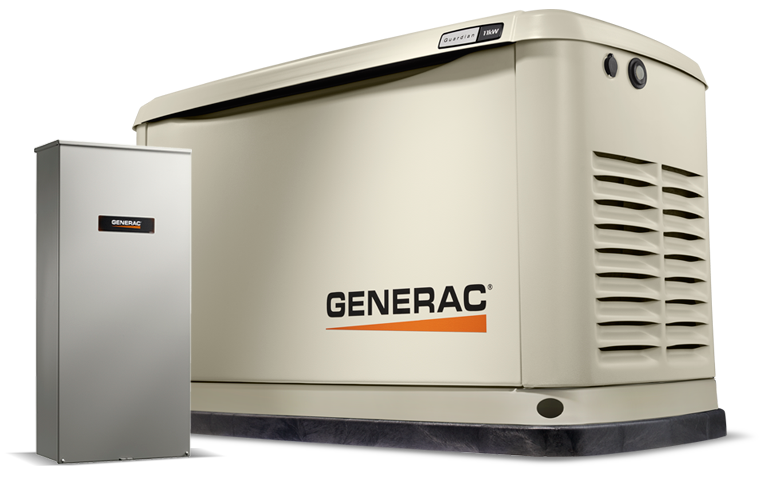A whole-house generator, or standby generator, is connected to your house and is designed to be a source of electricity during power outages. A high-quality generator can last up to 3,000 hours (125 days) of consecutive use, depending on how well it’s maintained.
This can translate to 15 to 20 years of reliability since a generator is only used in emergencies. However, even the high-end generators will eventually fail so you might find yourself in the market for a new one.
Here are a few reasons why you might need to replace your generator.
Lack of Maintenance
Once a generator has reached the end of its life span, it begins to break down. If used for around 30 minutes per week, it can last 20 years, but only if it’s correctly maintained. If your generator is given poor-quality fuel, fuel filters aren’t changed, or oil isn’t checked regularly, it won’t make it to its expected lifespan. This means it may only last a few years before you have to replace it again.
Unreliability
Over time, a generator may become unreliable, failing to start and maintain a consistent output. If you notice drops in energy production, start looking for a replacement that will give you a reliable source of electricity in an emergency.
Unavailable Spare Parts
An older model of generator might no longer be supported by its manufacturer, who has moved on to a newer range of generators. This makes spare parts scarce and more expensive, and the same goes for experts who can work on your machine, meaning you might have to get a newer model if yours breaks down.
No Longer Meets Your Needs
If you’ve set up more demanding appliances, your generator might not be able to meet the requirements to power your house anymore. If you’re working from home, you may need a more and consistent energy supply during power outages. This would mean you need to replace it with a generator with a higher output.
Key Takeaways:
- High quality generators may last up to 3,000 hours, but life span depends on how well they have been maintained.
- If you have added electrical appliances or changed your electricity demands, you may want to upgrade your generator.
- An older generator may no longer be supported by its manufacturer.
“A whole-house generator can be a literal lifesaver for a home during an extended power outage. If you have a whole-house generator, you want to know that you can trust it to work when necessary.”
Read more: https://www.schererelectric.com/blog/uncategorized/when-should-i-replace-my-whole-house-generator/


Recent Comments